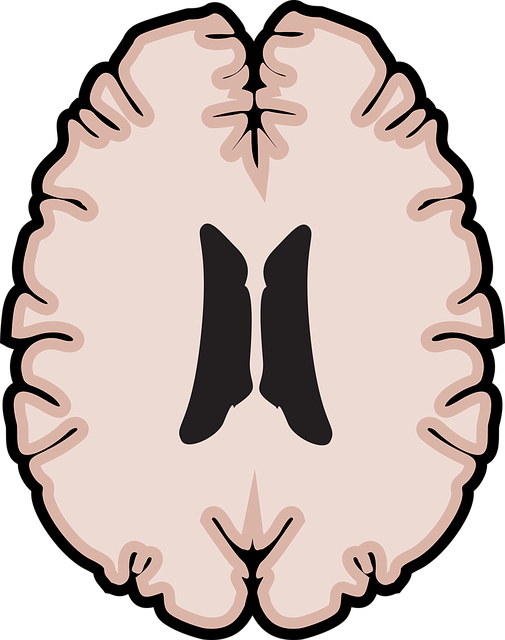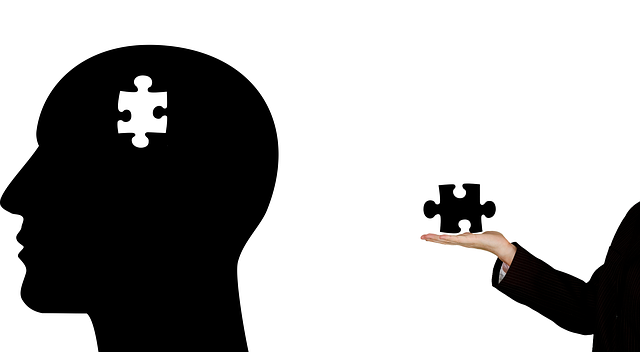Understanding mental wellness programs is crucial, serving diverse demographics from therapy for young children to bariatric evaluations for weight management. Effective evaluation involves assessing mood, resilience, and emotional healing. For young children, specialized programs consider developmental milestones, with play therapy being a proven technique. Bariatric evaluations provide a holistic view of well-being by integrating physical and mental health metrics. A balanced approach combining standardized tests and qualitative methods offers comprehensive insights. Case studies offer real-world evidence, like CBT for anxiety disorders in children, driving culturally sensitive, innovative solutions like anxiety relief strategies.
Mental wellness program evaluation is a multifaceted process, crucial for assessing the effectiveness of interventions. This article delves into various methods, exploring key areas such as understanding mental wellness programs, unique challenges in therapy for young children, and the nuances of bariatric evaluations.
We discuss standardized measures versus qualitative data, providing a balanced approach, and present real-world case studies demonstrating effective evaluation techniques. By examining these diverse methodologies, we aim to empower professionals to navigate and optimize mental wellness program assessments.
- Understanding Mental Wellness Programs: A Foundation for Evaluation
- Therapy for Young Children: Unique Challenges and Assessment Techniques
- Bariatric Evaluations: Measuring Physical and Mental Health Interventions
- Standardized Measures vs. Qualitative Data: Balancing Objectivity and Subjectivity
- Case Studies: Real-World Examples of Effective Program Evaluation Methods
Understanding Mental Wellness Programs: A Foundation for Evaluation

Understanding Mental wellness programs is a pivotal step before evaluating their effectiveness. These programs, designed to support individuals across various demographics, can range from therapy for young children to bariatric evaluations focusing on adult weight management. The core aim remains consistent: to enhance mental health and well-being.
Evaluation methods play a crucial role in understanding the impact of these initiatives. By assessing factors like mood management, resilience building, and emotional healing processes, professionals gain valuable insights into what works best for different populations. This data-driven approach allows for continuous improvement, ensuring that programs remain relevant and effective over time.
Therapy for Young Children: Unique Challenges and Assessment Techniques

Therapy for young children presents unique challenges due to their developing cognitive and emotional capabilities. Traditional assessment techniques may not accurately capture their internal experiences. Hence, mental wellness programs catering to this demographic require specialized methods that can assess their mental state while considering developmental milestones. Play therapy, for instance, has proven effective in engaging young clients and facilitating communication about their feelings and thoughts. This approach allows therapists to observe and interpret behaviours, providing valuable insights into the child’s emotional landscape.
Bariatric evaluations in children also necessitate a nuanced understanding of psychological factors contributing to eating disorders. Mental health professionals must employ assessment tools tailored to assess body image, mood management skills, and underlying stress reduction methods. Given the sensitive nature of these issues, risk assessments are crucial to ensure safety and inform appropriate interventions. Effective therapy for young children aims not only to address current symptoms but also to empower them with coping mechanisms that will serve them throughout their lives.
Bariatric Evaluations: Measuring Physical and Mental Health Interventions

Bariatric evaluations play a pivotal role in assessing the effectiveness of interventions aimed at both physical and mental health improvement, particularly for young children. These evaluations go beyond mere weight measurements to encompass a holistic view of an individual’s well-being. By integrating physical health metrics with mental health assessments, professionals gain valuable insights into the success of bariatric therapy. This comprehensive approach is crucial in understanding how dietary changes, exercise routines, and behavioral modifications impact not just a child’s physique but also their emotional healing processes.
In designing mental health education programs or trauma support services, bariatric evaluations serve as a guiding beacon. The data collected can highlight areas where adjustments are needed, whether it’s refining diet plans to address nutritional deficiencies or incorporating additional therapy sessions for better coping mechanisms. Such tailored interventions ensure that the focus is not solely on weight loss but on fostering sustainable emotional healing processes, ultimately enhancing the overall mental wellness of young children.
Standardized Measures vs. Qualitative Data: Balancing Objectivity and Subjectivity

In evaluating mental wellness programs, particularly those designed for young children and tailored to specific needs like bariatric evaluations, it’s crucial to balance standardized measures with qualitative data. Standardized tests and questionnaires offer objectivity by providing quantifiable results that can be easily compared across different groups or time periods. They are invaluable tools in assessing progress in areas such as anxiety levels, depression symptoms, and overall emotional well-being (Mental Wellness). However, these measures often miss the nuanced subjective experiences of individuals, which is where qualitative data becomes indispensable.
Interviews, focus groups, and open-ended surveys allow participants to express their feelings, perceptions, and challenges freely, providing rich insights into their mental wellness journeys. This approach captures individual stories and unique perspectives that might not be evident through standardized measures alone. By integrating both approaches—standardized tests for broad trends and qualitative data for depth and context—evaluators can gain a more holistic understanding of the program’s impact on mental wellness, burnout prevention (Burnout Prevention), and even inform the production of evidence-based Mental Wellness Podcast Series.
Case Studies: Real-World Examples of Effective Program Evaluation Methods

Case studies offer a powerful tool for evaluating mental wellness programs by providing real-world examples and insights. These in-depth analyses focus on specific populations and interventions, allowing researchers to understand the effectiveness of various therapy approaches. For instance, a case study might explore the impact of cognitive-behavioral therapy (CBT) for young children with anxiety disorders, tracking their progress over several sessions. This method offers valuable qualitative data, shedding light on individual experiences and outcomes that quantitative measures might miss.
By examining such diverse scenarios as bariatric evaluations—assessing the mental health impacts of weight loss interventions—or even risk assessments tailored for mental health professionals themselves, case studies demonstrate practical applications of evaluation methods. They bridge the gap between theory and practice, ensuring that mental wellness programs are not only evidence-based but also culturally sensitive and effective in diverse settings. Incorporating these strategies enhances overall mental health awareness and contributes to the development of innovative solutions for various psychological challenges, including anxiety relief.
Evaluating mental wellness programs is a multifaceted process that requires a blend of quantitative and qualitative methods. From understanding foundational principles to examining specialized areas like therapy for young children and bariatric interventions, each approach offers unique insights. By leveraging standardized measures alongside subjective data, evaluators can paint a comprehensive picture of program effectiveness. The case studies presented highlight the practical application of these techniques, demonstrating that a well-rounded evaluation method is key to improving mental health support and fostering positive outcomes in diverse populations, including young children and those undergoing bariatric treatments.








